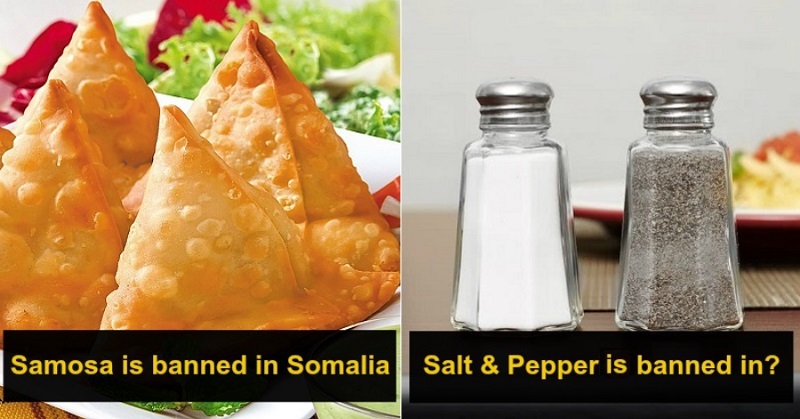
When you are travelling around the world, trying different cuisines is definitely at the top of the list. But what if your favorite food or drink is banned in the country you are visiting? Some foods may be off limits nutritionally, but some are banned due to reasons that may surprise you.
Here are some examples of foods that have been banned in different parts of the world for a variety of reasons:
ADVERTISEMENT
1. Kinder Surprise Eggs – USA
United States has enforced a strict ban on Kinder Surprise Eggs, not because of their tendency to get addictive, but for the tiny little plastic surprise toy hidden inside. Food and Drugs Administration (FDA) regulations consider this a choking hazard for young children who may mistakenly try to eat it.
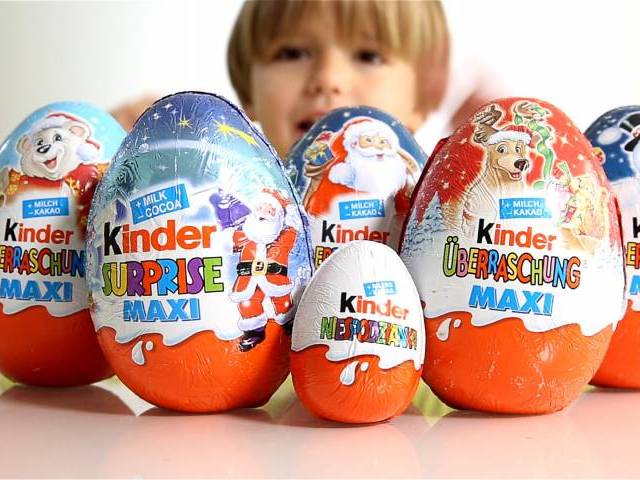
2. Raw Milk – USA ,Canada
Raw Milk or Unpasteurized Milk as it is often called is banned in USA and Canada, along with any Unpasteurized dairy products too. American Medical Association and the Center for Disease Control and Prevention, both strongly advise to avoid this kind of milk due to the potential risk of food borne illnesses caused by bacteria’s like Salmonella and Listeria.
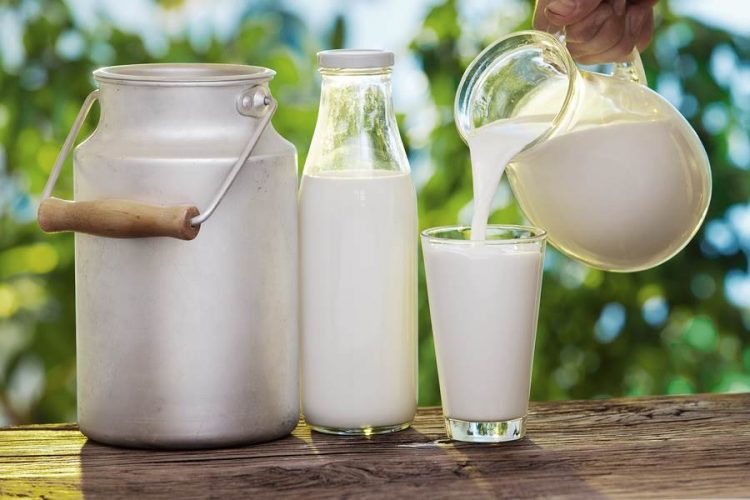
3. Foie Gras – USA and most of Europe
When translated in French, Foie Gras means fat liver. It’s a dish made out of goose or duck liver. This French delicacy is banned in many countries because of the cruel procedure the bird is put through. The birds are force fed, through tubes, in order to enlarge their liver abnormally. This dish is banned in many countries except France.
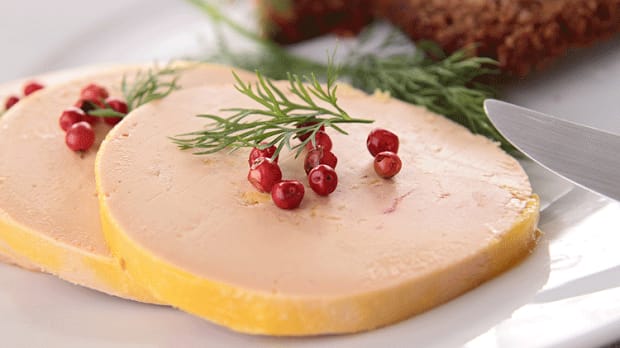
4. Chewing Gum -Singapore
It is illegal to chew gum in Singapore, unless it is prescribed. Singapore is recognized for its cleanliness, has strict law against distribution and trade of all kinds of chewing gums. However, therapeutic gums are allowed, which can be purchased through prescription from a doctor.
ADVERTISEMENT

5. Jelly Sweets – European Union
These extra sweet, gelatinous sugar candies, that come in many shapes and forms, are banned in UK and EU. These candies contain a thickening agent konjac or konjac glucomannan, that can pose a risk of choking in young kids.
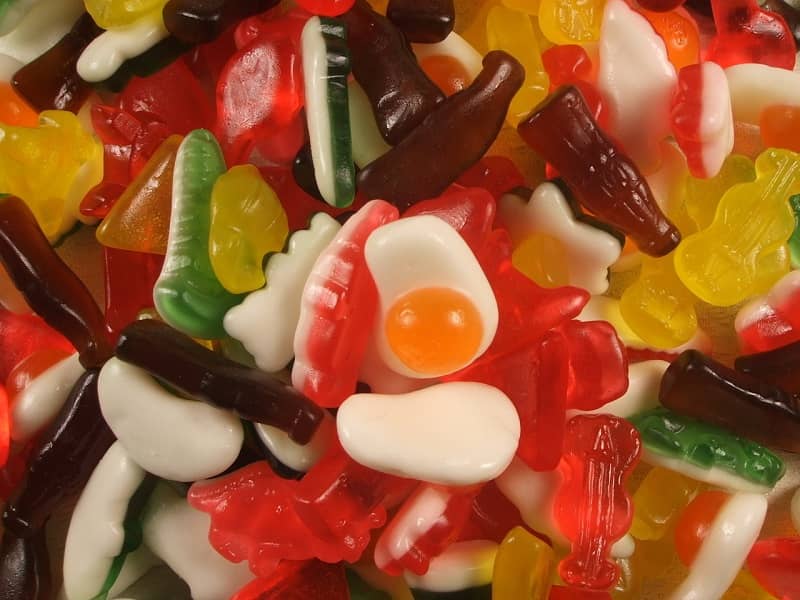
6. Ketchup – France
Its one the most silliest bans on this list. In France, primary schools have banned ketchup due to concerns that pupils may lose touch with the French culinary traditions and distance themselves from traditional cuisines. However, they are allowed to consume ketchup once a week, with French Fries!
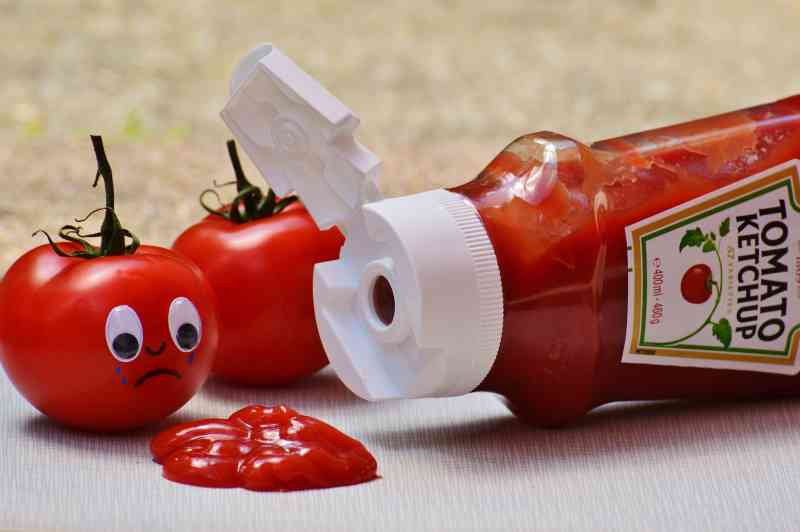
7. Samosa – Somalia
This should come as a jolt to all Samosa fans in India. Somalia’s al-Shabaab, an Islamist radical group, has banned samosa after declaring that the snack is ‘offensive’ for its supposed resemblance to Christian Holy Trinity, due to its three sided shape which goes against ‘their’ strict version of Islam!
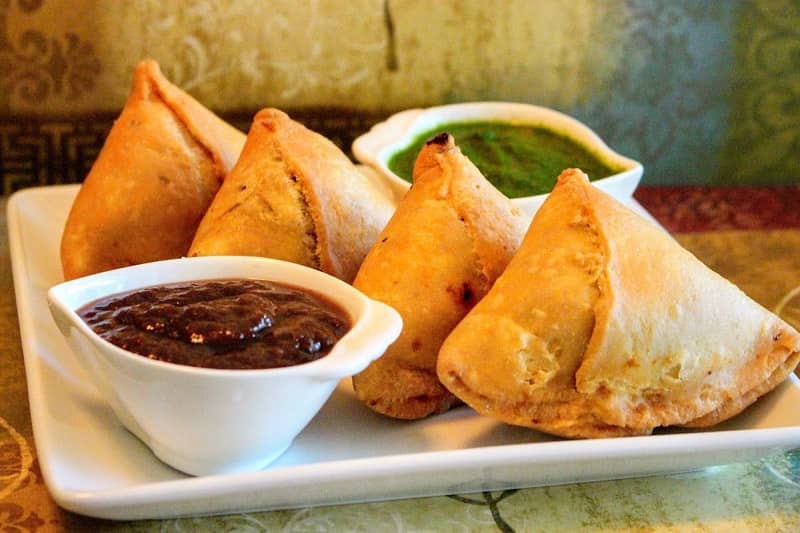
8. Mountain Dew – European Union
Mountain Dew and many other citrus flavored sodas are banned in more than 100 countries including the EU. The reason for it is the presence of Brominated Vegetable Oil (BVO) as an ingredient. Consumption of BVO in high quantities can lead to lot of side effects like fatigue, thyroid, reproductive and behavioral problems.
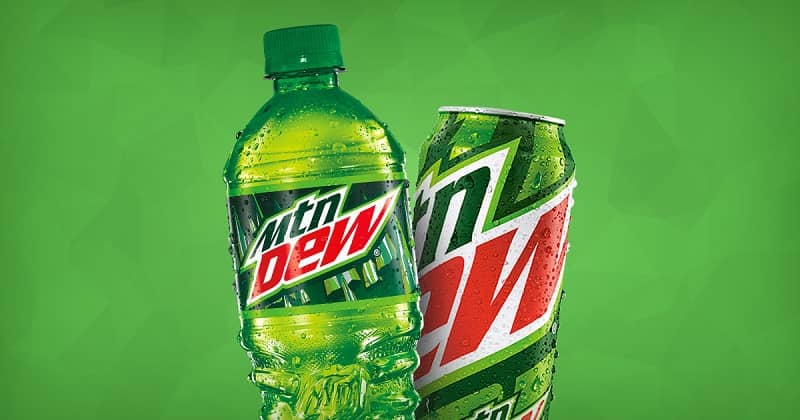
9. Haggis – USA
Haggis is a popular Scottish dish made out of sheep heart, liver and lungs, minced with onions, oatmeal and other spices and seasonings. Haggis has been banned in the United States since 1971 when the United States Department of Agriculture ruled against the consumption of livestock’s lungs, thereby making Haggis an illegal dish to serve in the States.
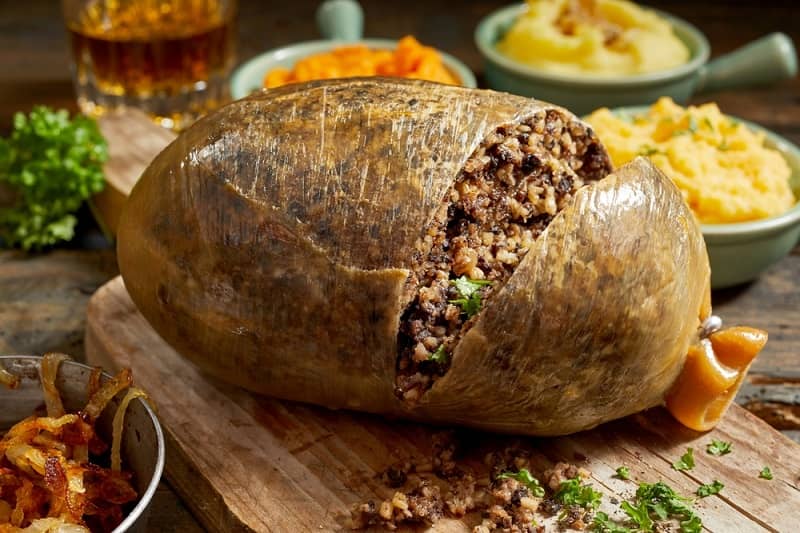
10. Ortolan – France and EU
Ortolan is a small songbird, that is small enough to fit in the palm of your hand and weighs less than an ounce (28 grams). Its banned across EU and France due to the cruel manner in which the bird is prepared to be served on the dining table. Ortolan will eat constantly if put in a dark place. They are put in a box, spilled with grains, until they have eaten enough, and then drowned in a vat of Armagnac Brandy. The diners cover their head in a large napkin and eat the entire bird except the feet.
ADVERTISEMENT
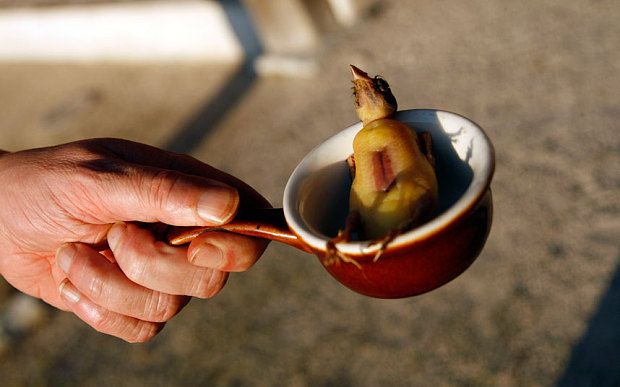
11. Sassafras Oil – USA
Sassafras root was used to make root beer. It was used as a flavoring agent until its carcinogenic properties were discovered. The Food and Drug Administration as banned its use in food products. An excess use of it has been found to cause liver and kidney damage.
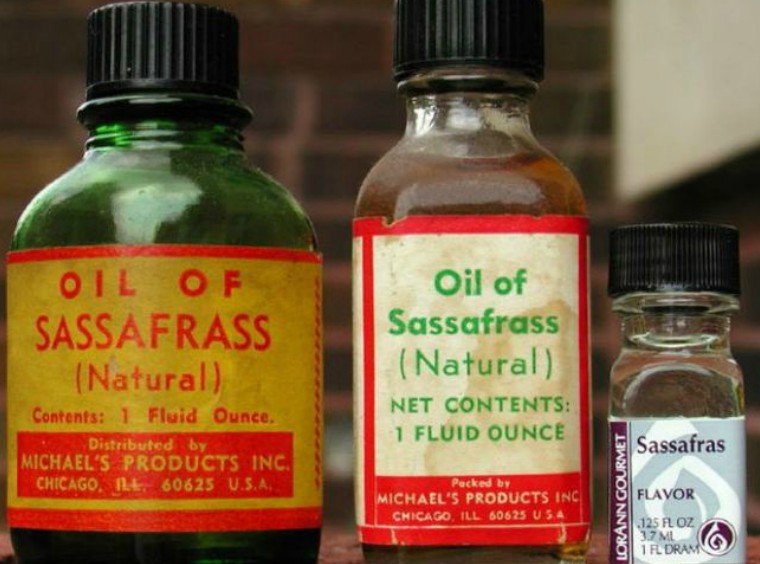
12. Absinthe – USA, New Zealand, and Australia
Absinthe is a spirit with a natural green color to it (but may also be colorless), made from various botanicals. It is believed that it has hallucinogenic properties and censured for its alleged harmful effects, even though there is no concrete proof of it being more dangerous than any other ordinary spirit. It was banned in the USA for more than 90 years until the ban was lifted in 2007, however its sale is permitted certain restrictions.
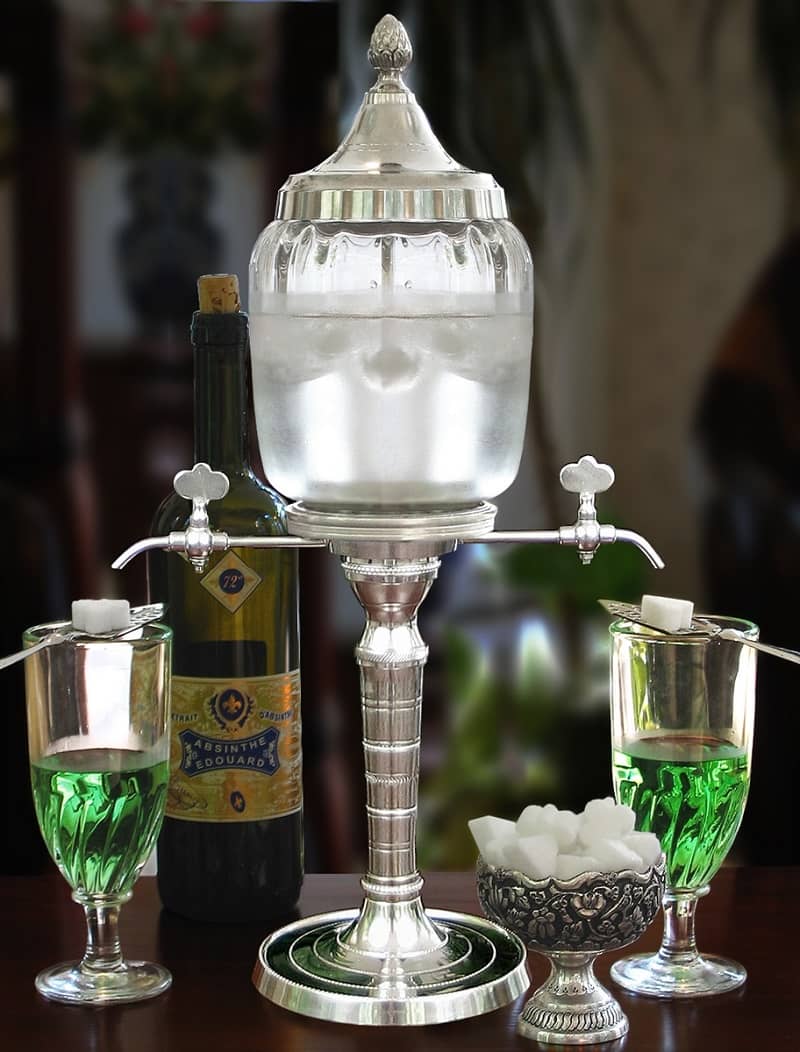
13. Raw Almonds – California, USA
It sounds a bit unbelievable, but raw almonds cannot be sold in the USA. From Sep 1, 2007 United States Department of Agriculture (USDA) has mandated that all U.S. grown almonds be pasteurized (heated) before they are sold. The USDA allows almond growers and processors to label the almonds as ‘raw’, even though they have been pasteurized. Now that’s some true labelling!
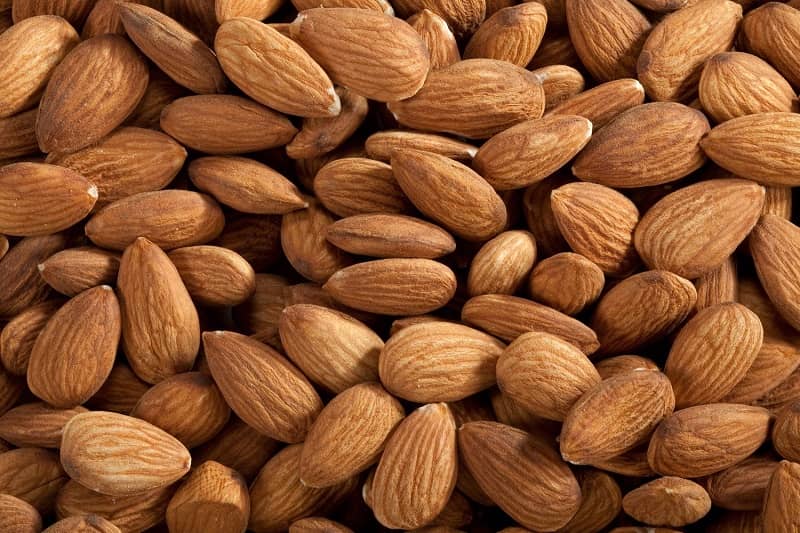
14. Farm-raised Salmon – Australia and New Zealand
Farmed salmon are often fed chemicals and other synthetics derived from petrochemicals in order to give the salmon its bright pinkish color that wild salmon have. These chemicals have not been approved for human consumption and hence farmed salmon are banned in Australia and New Zealand.
ADVERTISEMENT
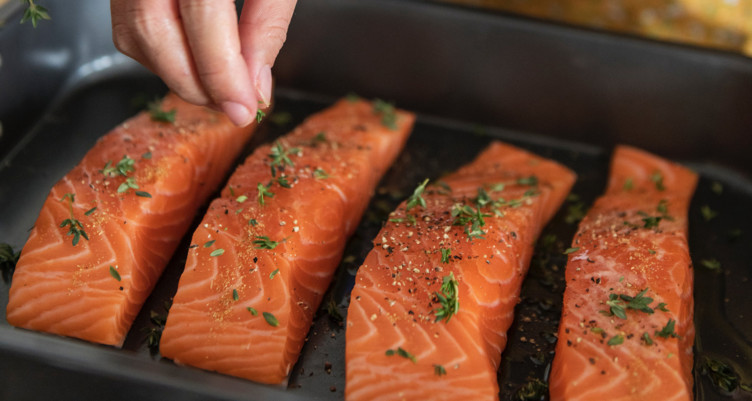
15. M&M’s – Sweden
One Of the most popular chocolate brand of USA, M&M (owned by Mars Inc.), is banned in Sweden. Though chocolates are not exactly health foods, however this is not the reason why Sweden has nixed them. A Swedish court has ruled that that Mars can no longer advertise its M&M brand with a lower case lettering “m&m”, because its too similar to the single lower case “m” used by the Swedish chocolate covered peanut snack owned by Mondelez.

16. Fugu – USA
Fugu fish contains Tetrodotoxin, a poison that is 1200 times more deadly than cyanide. Japan has banned Fugu many times in history, however is now allowed to be prepared by very few highly trained chefs. A pin head amount of this toxic chemical is enough to kill you if consumed, which is why U.S. forbids the sale of Fugu without a license.
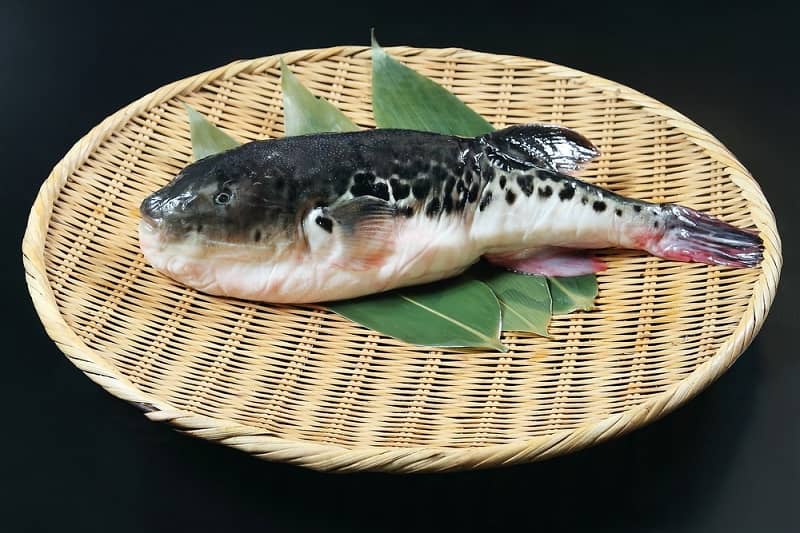
17. Beluga Caviar – USA
Perhaps one of the most expensive food on the planet (costing upwards of $200 per ounce), its not a delicacy everyone can afford. These pricey fish roes come from Beluga Sturgeon, a critically endangered fish found in Caspian Sea, Black Sea and Adriatic Sea. United States has banned the importation of Beluga caviar to protect the endangered species.
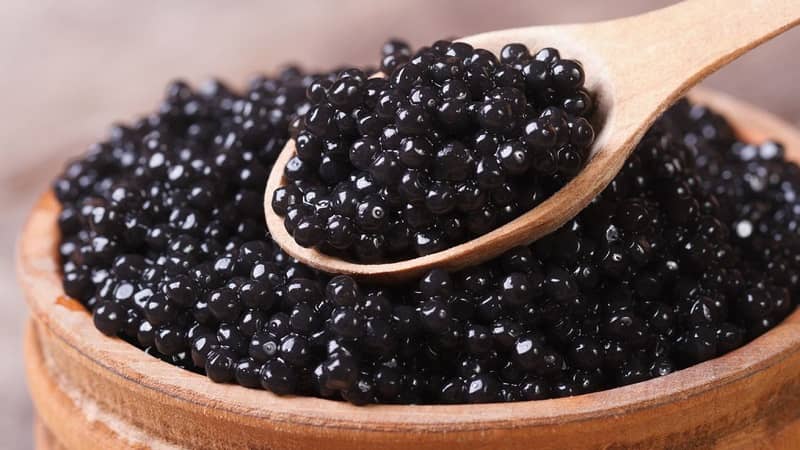
18. Mac & Cheese – Austria and Norway
Macaroni and Cheese is a favorite among children of all ages across the world. However boxed Mac & Cheese, sold in retail shops, contains a food coloring (Yellow No. 6). This coloring agent gives an extra yellow tinge to the dish, however it has been found to be harmful to children. The use of this food color is banned in Austria and Norway.
ADVERTISEMENT
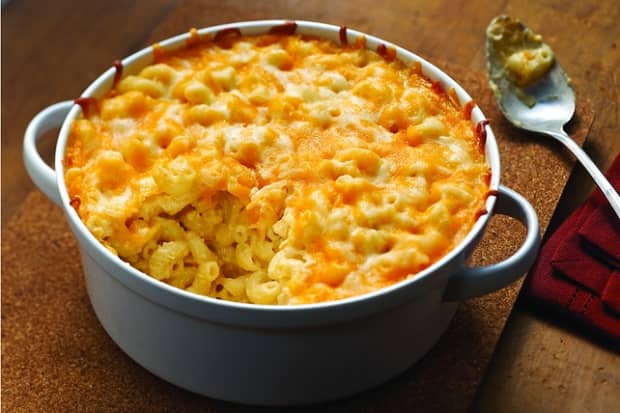
19. Cow Meat – India
Due to religious sentiment and cultural notions of majority people living in India, cow slaughter is a punishable offence in the country. However, different states have different laws on it.
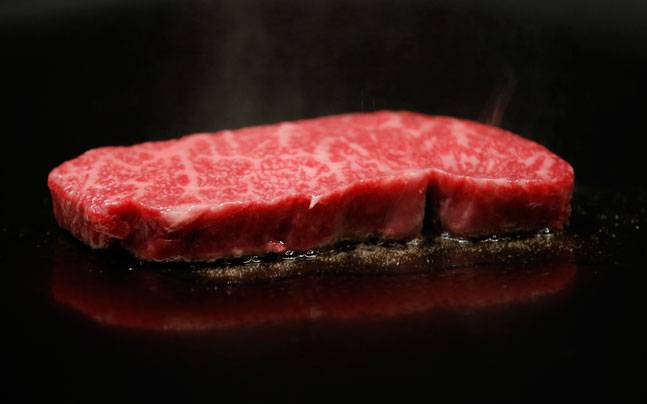
20. Salt & Pepper – Space
Well this one is an ‘out of this world’ ban – literally! Simple reason being in outer space, when sprinkled, salt & pepper would simply float instead of landing on top of the food, thus creating a hazard. Hence salt and pepper particles are banned in a space ship. They are instead replaced by salt and pepper infused liquid. Smart Idea!
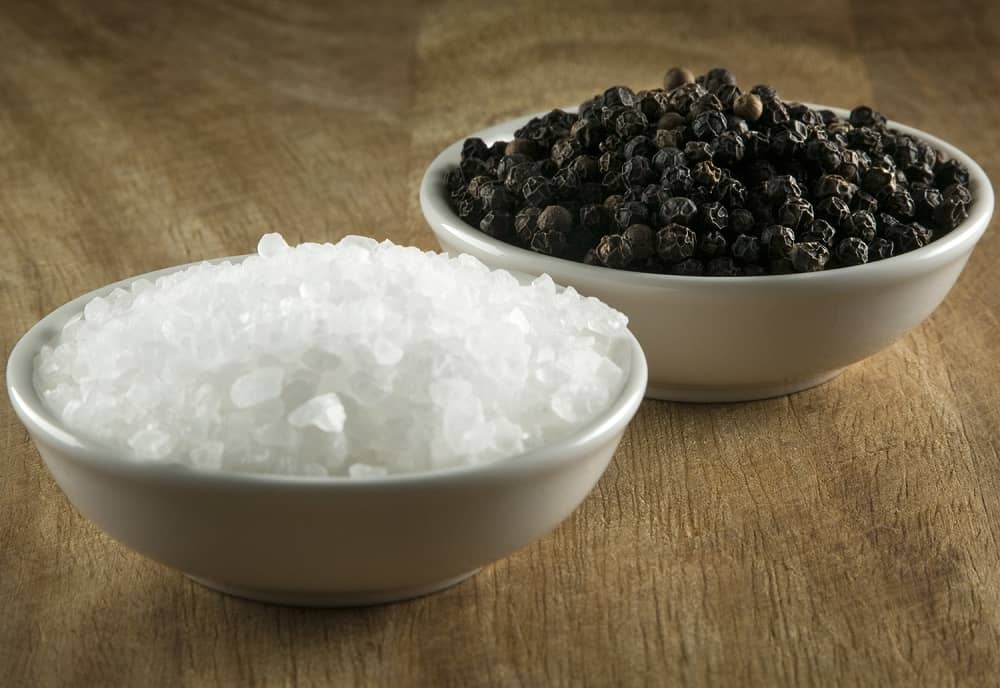
While many food items are banned for the health hazards that they pose, there are others which are banned specifically to banish the danger of their extinction or their cruel cooking process. So next time you travel to these countries, you know what to expect, or not! Bon Appétit!
Also read: 12 Products That Are Banned Abroad But Not In India
ADVERTISEMENT
ADVERTISEMENT











